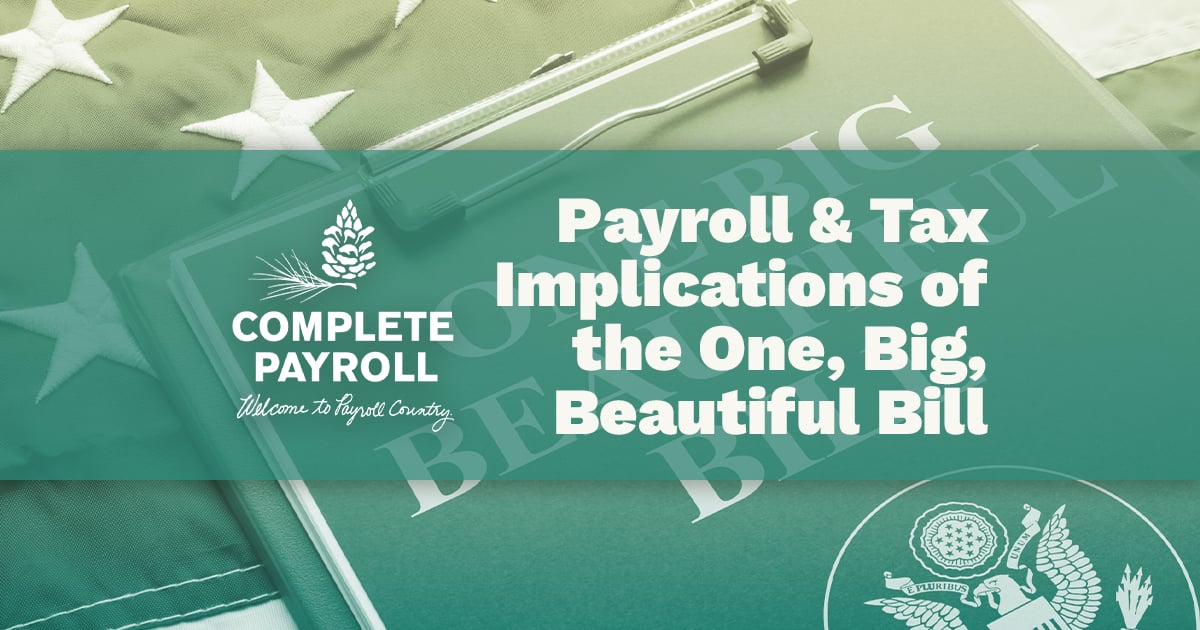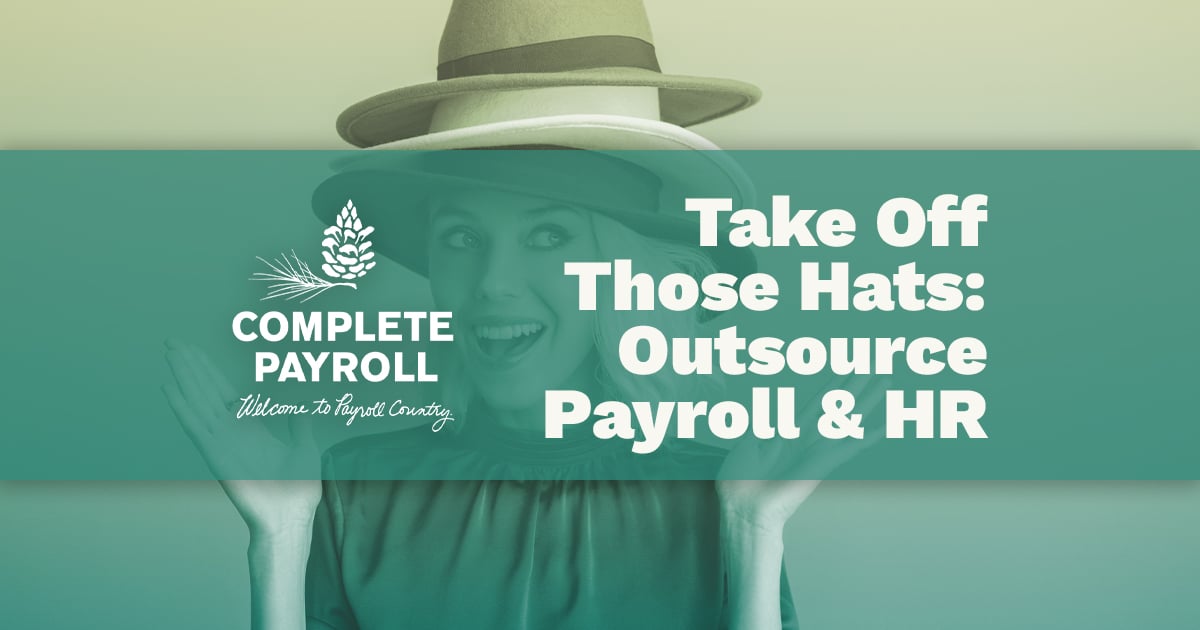Government Shutdown: An Employer's HR Survival Guide
October
07,
2025
Written by Rick Fish, Jr., C.P.P.

A U.S. government shutdown, like the one that began on October 1st, 2025 , creates a maze of challenges for employers , particularly those who rely on federal contracts or have regulatory obligations. As a trusted payroll partner, we want to help businesses like yours navigate this period effectively.
What the Shutdown Means for Key Agencies
A shutdown means most non-essential government services are paused. This leads to significant reductions in operations for agencies important to HR and compliance:
- EEOC, NLRB, and DOL: These agencies will greatly reduce operations , leading to delays in key processes like investigations, hearings, and regulatory approvals. For the Equal Employment Opportunity Commission (EEOC), there will be no new investigations or mediations, with only specific docketing and litigation proceeding. The National Labor Relations Board (NLRB) will pause case handling and elections, only continuing emergency actions. Most divisions of the Department of Labor (DOL) are paused, unless there are imminent safety threats.
- OSHA and MSHA: The Occupational Safety and Health Administration (OSHA) and the Mine Safety and Health Administration (MSHA) will continue to provide only critical safety functions.
- E-Verify and USCIS: Services relying on appropriated funds, like E-Verify, are suspended. However, the U.S. Citizenship and Immigration Services (USCIS) continues most operations since it is primarily fee-funded , though you may still experience delays due to inter-agency dependencies. You must still complete Form I-9 within three business days, but E-Verify deadlines may be temporarily relaxed.
HR and Payroll Concerns
The shutdown will trigger immediate considerations for your HR and payroll teams.
- Furlough Pay Rules: For non-exempt employees, pay is only required for hours worked, meaning no pay is necessary for furlough days. Conversely, exempt employees must receive their full salary for any week they perform any work—even if it's just for one day. Employers may be able to require the use of accrued PTO or vacation time during furloughs, but you must ensure your existing policies and contracts allow it.
- Federal Contractors: If you are a federal contractor, you may receive stop-work orders. You should consult your contracting officers immediately to assess your status and obligations. Unlike furloughed federal employees, retroactive pay for furloughed contractor employees is not guaranteed.
- WARN Act: Generally, temporary furloughs lasting less than six months typically do not trigger the federal Worker Adjustment and Retraining Notification (WARN) Act, which requires a 60-day notice for mass layoffs. However, be mindful that state-level "micro-WARN" laws (e.g., in California) may still apply.
- Benefits and COBRA: Review your health plan terms to see if furloughs trigger COBRA eligibility. Any changes in an employee’s hours or employment status could affect their coverage.
- Unemployment: Furloughed employees may qualify for unemployment benefits, depending on the laws in your state. Even partial-week furloughs can trigger eligibility in some states.
Key Action Steps for Employers
Review Policies: Take a look at your employee handbooks and contracts now to confirm your existing policies on furlough, pay, and leave.
- Communicate Clearly: Keep your team informed about expectations, pay, and benefits to reduce uncertainty.
- Consult Legal Counsel: Before implementing any furloughs or layoffs, you should consult with legal counsel.
- Monitor Updates: Watch for updates from agencies and resources like SHRM's Government Shutdown Resource Hub for evolving guidance.
DISCLAIMER: The information provided herein does not constitute the provision of legal advice, tax advice, accounting services or professional consulting of any kind. The information provided herein should not be used as a substitute for consultation with professional legal, tax, accounting, or other professional advisers. Before making any decision or taking any action, you should consult a professional adviser who has been provided with all pertinent facts relevant to your particular situation and for your particular state(s) of operation.















 Get Instant Blog Notifications
Get Instant Blog Notifications

